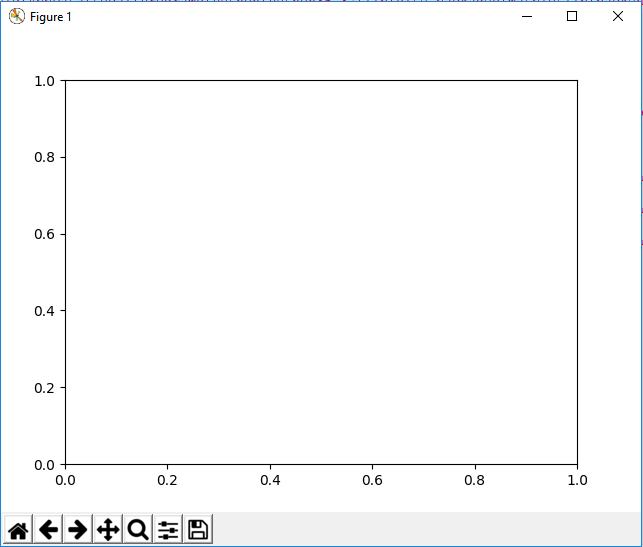How to Add Axes to a Figure in Matplotlib with Python

In this article, we show how to add axes to a figure in matplotlib with Python.
So with matplotlib, the heart of it is to create a figure.
On this figure, you can populate it with all different types of data, including axes, a graph plot, a geometric shape, etc.
How can we add axes to a figure in matplotlib in Python?
This is shown in the following code below.
So the first thing we have to do is import matplotlib. We do this with the line, import matplotlib.pyplot as plt
We then create a variable fig, and set it equal to, plt.figure()
This creates a figure object, which of course is initially empty, because we haven't populated it with anything.
So we have a figure object stored in the variable, fig, that is empty.
We then add axes to this figure using the add_axes() function.
This add_axes() function takes in a list of values. The values from the left to right are the left, bottom, width, and height.
They are numbers that vary from 0 to 1 and represent the percentage of the blank figure that you want to go and take.
So for this figure in our code, we have the line, axes= fig.add_axes([0.1,0.1,0.8,0.8])
This adds axes to the figure.
To show this figure object now that has axes, we use the line, fig.show()
This works if you're using a python IDE other than jupyter notebooks. If you are using jupyter notebooks, then you would not use, plt.show(). Instead you would specify in the code right after importing matplotlib, %matplotlib inline
This line allows the figure of a graph to be shown with jupyter notebooks.
After running the following code above, we get the following figure with axes shown
in the image below.

So now you see a figure object with axes added to it.
And this is how to add axes to an figure object in matplotlib with Python.
Related Resources
How to Randomly Select From or Shuffle a List in Python
